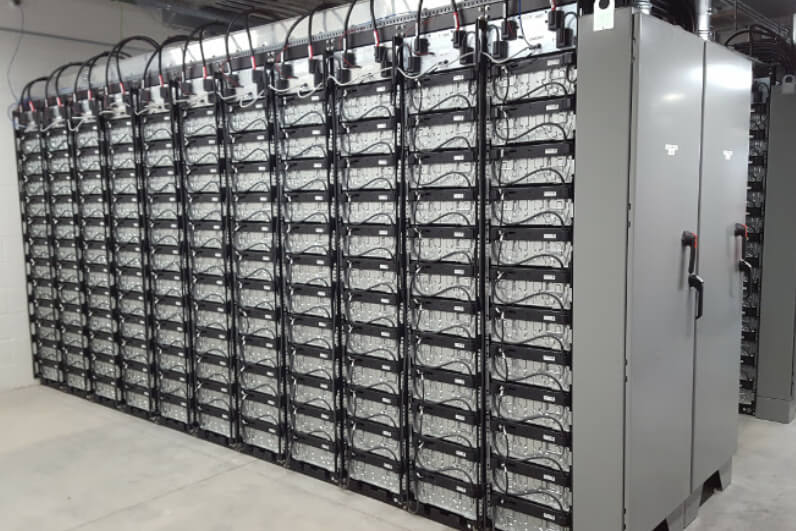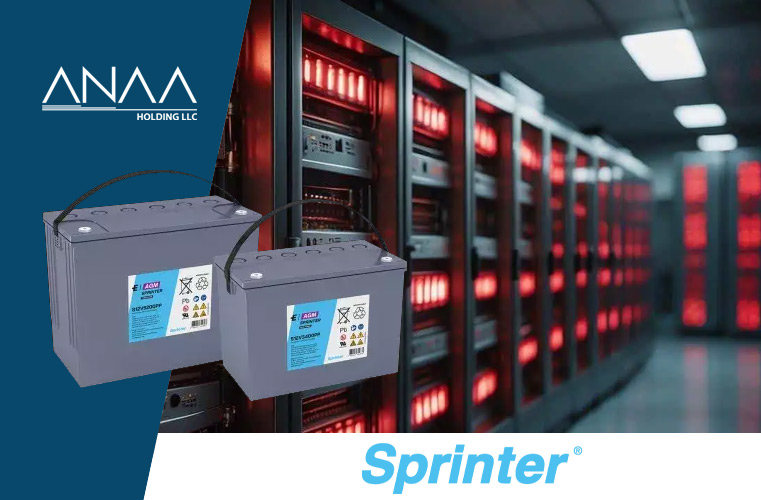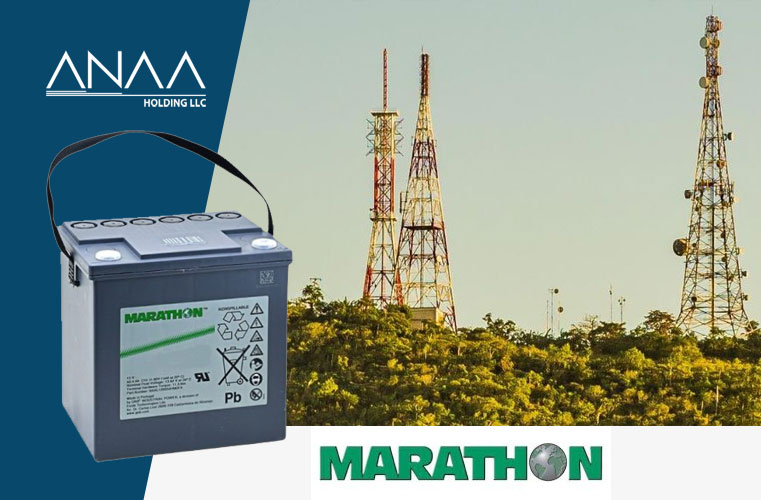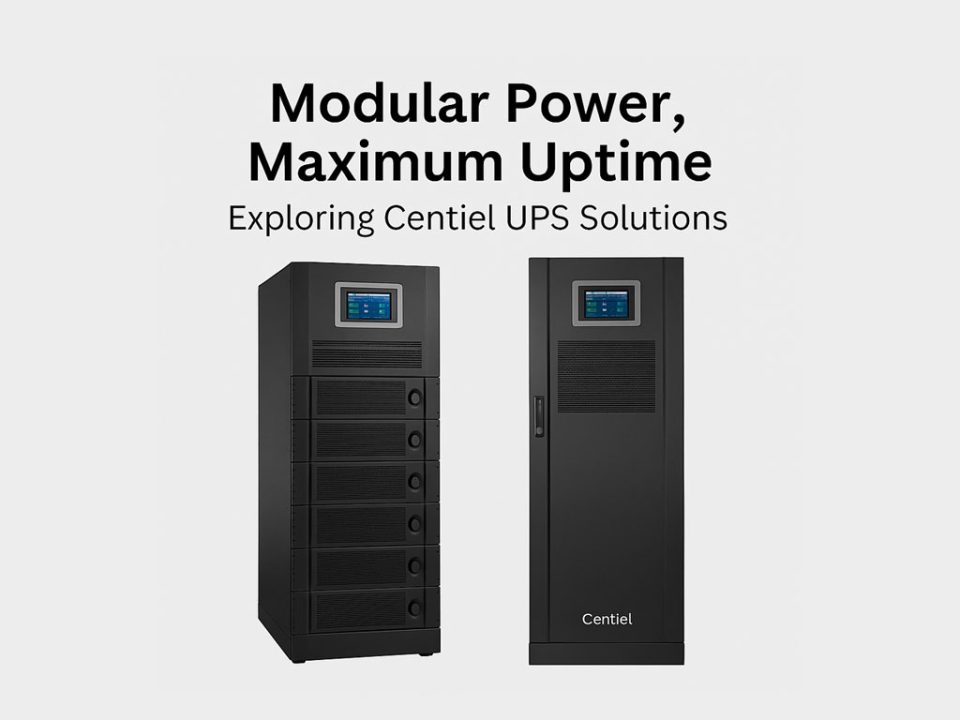
Powering Industries: A Comprehensive Guide to Industrial UPS Systems
In today’s fast-paced industrial landscape, maintaining uninterrupted operations is crucial. Industrial facilities rely heavily on a steady and reliable power supply to ensure continuous production, data protection, and equipment longevity. This is where Industrial Uninterruptible Power Supply (UPS) systems step in. In this comprehensive guide, we will delve into the world of industrial UPS systems, exploring their significance, components, types, benefits, and key considerations for implementation.
Understanding Industrial UPS Systems
Industrial UPS systems are advanced power backup solutions designed to provide instantaneous power during mains power failures or fluctuations. They safeguard critical equipment from disruptions caused by power outages, voltage sags, surges, and frequency variations, ensuring seamless operations even in adverse electrical conditions.
Components of Industrial UPS Systems
- Rectifier: Converts AC power from the mains into DC power.
- Battery Bank: Stores DC power and serves as the primary power source during outages.
- Inverter: Converts DC power from the battery into stable AC power for connected equipment.
- Static Bypass Switch: Allows the load to be transferred to mains power if the UPS encounters a fault.
- Monitoring and Control Unit: Manages UPS functions, battery status, alarms, and communication with external systems.
Types of Industrial UPS Systems
- Offline/Standby UPS: Suitable for applications with limited downtime tolerance, offers basic protection.
- Line-Interactive UPS: Provides more robust protection against power fluctuations.
- Double Conversion Online UPS: Ensures the highest level of protection by constantly running off the battery, eliminating power transfer time.
Benefits of Industrial UPS Systems
- Uninterrupted Operations: Avoid costly production downtime and data loss.
- Equipment Protection: Shield sensitive industrial machinery from voltage fluctuations.
- Voltage Regulation: Maintain stable voltage levels, enhancing equipment longevity.
- Surge and Spike Protection: Guard against voltage surges and spikes that can damage equipment.
- Remote Monitoring: Monitor UPS health and performance remotely for proactive maintenance.
Key Considerations for Implementation
- Load Calculation: Determine the power requirements of connected equipment to size the UPS adequately.
- Redundancy: Consider N+1 redundancy for critical applications to ensure backup in case of UPS failure.
- Battery Selection: Choose the right battery type (VRLA, lithium-ion) based on factors like runtime and environmental conditions.
- Maintenance Plans: Develop a regular maintenance schedule to extend UPS and battery life.
- Scalability: Plan for future growth by selecting a UPS system that can accommodate expanding loads.
Industrial UPS systems play a pivotal role in maintaining the integrity of industrial operations by providing seamless power backup during outages and fluctuations. Their ability to ensure uninterrupted performance, protect critical equipment, and enhance industrial resilience makes them an indispensable asset for today’s manufacturing and production facilities. By understanding the components, types, benefits, and implementation considerations of industrial UPS systems, industries can make informed decisions to secure their operations in an increasingly uncertain power landscape.




